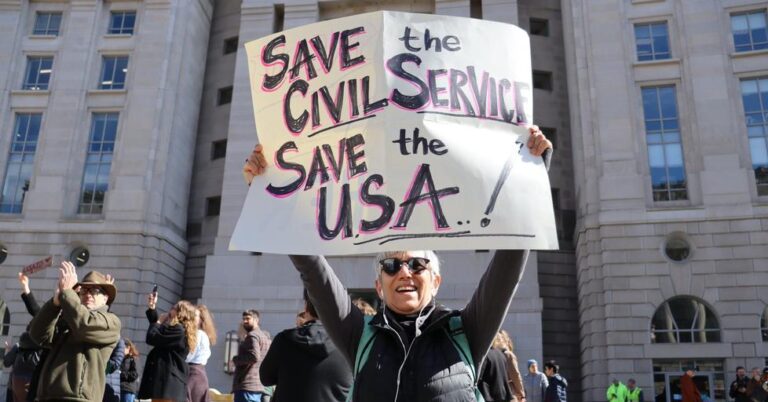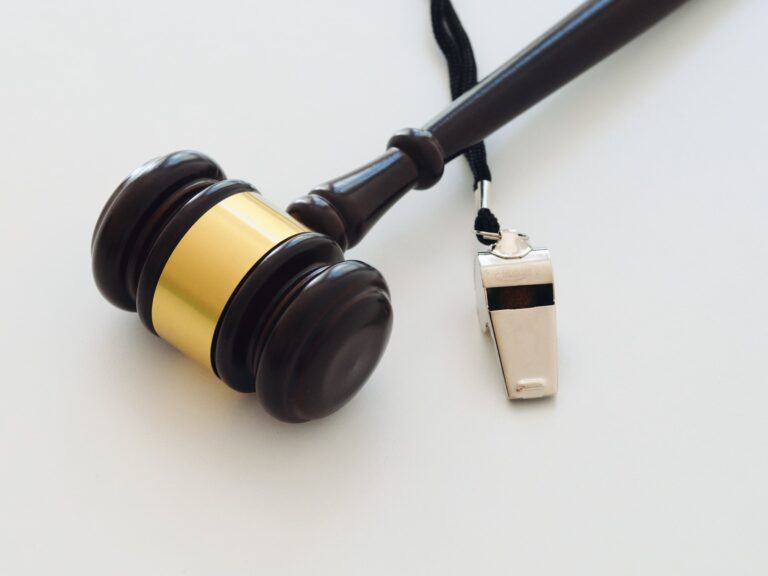Today Amazon announced that it would raise the minimum wage for its U.S. employees to $15.00/hour. These wage increases will apply to more than 250,000 Amazon employees, including those working at grocery chain Whole Foods, as well as over 100,000 seasonal employees. The company has come under fire for its working conditions, particularly in its fast-paced fulfillment centers; in recent years, Amazon has faced lawsuits alleging that the company uses contract employees to avoid labor costs and workplace regulations. The wage increases announced today will apply to part-time and contract employees.
Amazon’s announcement comes on the heels of minimum wage hikes throughout the country, including in Seattle. On Monday the Seattle Office of Labor Standards announced that companies employing 500 or more workers worldwide would need to pay their employees at least $16.00/hour. This marks the end of a two-tier system under which employers who contributed toward medical benefits paid a lower minimum wage than those that did not.
According to a new working paper published this month by the National Bureau of Economic Research, increases in minimum wage reduce criminal recidivism for property and drug crimes. Researchers examined data from over six million released prisoners to identify the effect of higher minimum wages and the availability of state Earned Income Tax Credits on recidivism rates. Their findings implied that by increasing potential legal wages relative to illegal sources of income, higher wages attract released prisoners to the legal labor market more than they reduce employment in that population.
While the cost of employee wage increases is offset by corporate tax cuts, the Wall Street Journal reports that only a fraction of these savings are actually going to employees. A nonprofit tracking companies that have announced spending plans for their corporate tax savings found that while 80% are passing some of those savings onto workers, only 7% of these savings are going to workers in the form of wage increases, bonuses, benefits, training or retirement contributions. Meanwhile, a survey of 152 companies by an executive recruitment firm revealed that just 14% were funneling any part of their tax-cut savings into base salary increases.






Daily News & Commentary
Start your day with our roundup of the latest labor developments. See all
December 3
The Trump administration seeks to appeal a federal judge’s order that protects the CBAs of employees within the federal workforce; the U.S. Department of Labor launches an initiative to investigate violations of the H-1B visa program; and a union files a petition to form a bargaining unit for employees at the Met.
December 2
Fourth Circuit rejects broad reading of NLRA’s managerial exception; OPM cancels reduced tuition program for federal employees; Starbucks will pay $39 million for violating New York City’s Fair Workweek law; Mamdani and Sanders join striking baristas outside a Brooklyn Starbucks.
December 1
California farmworkers defend state labor law, cities consider requiring companies to hire delivery drivers, Supreme Court takes FAA last-mile drivers case.
November 30
In today’s news and commentary, the MSPB issues its first precedential ruling since regaining a quorum; Amazon workers lead strikes and demonstrations in multiple countries; and Starbucks workers expand their indefinite strike to additional locations. Last week, the Merit Systems Protection Board (MSPB) released its first precedential decision in eight months. The MSPB had been […]
November 28
Lawsuit against EEOC for failure to investigate disparate-impact claims dismissed; DHS to end TPS for Haiti; Appeal of Cemex decision in Ninth Circuit may soon resume
November 27
Amazon wins preliminary injunction against New York’s private sector bargaining law; ALJs resume decisions; and the CFPB intends to make unilateral changes without bargaining.